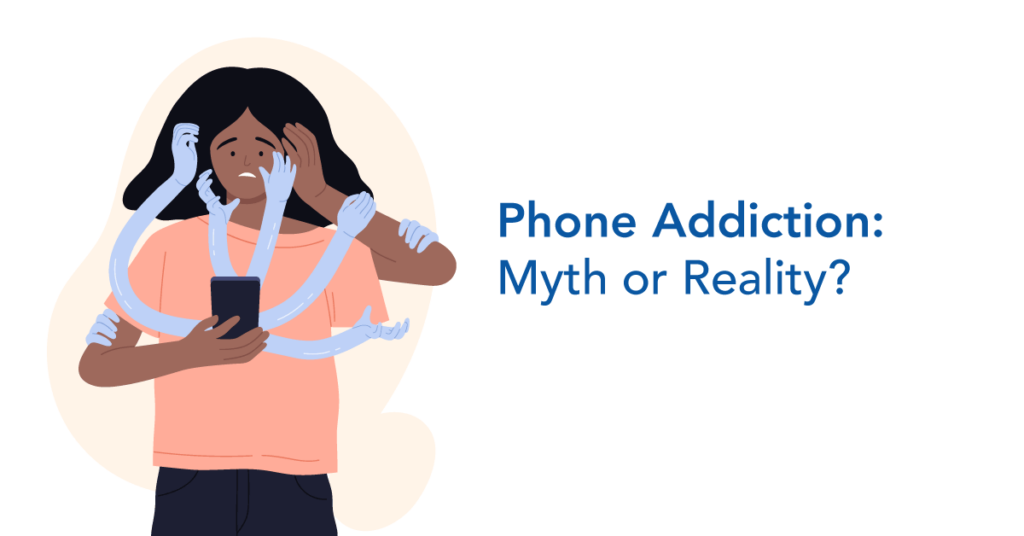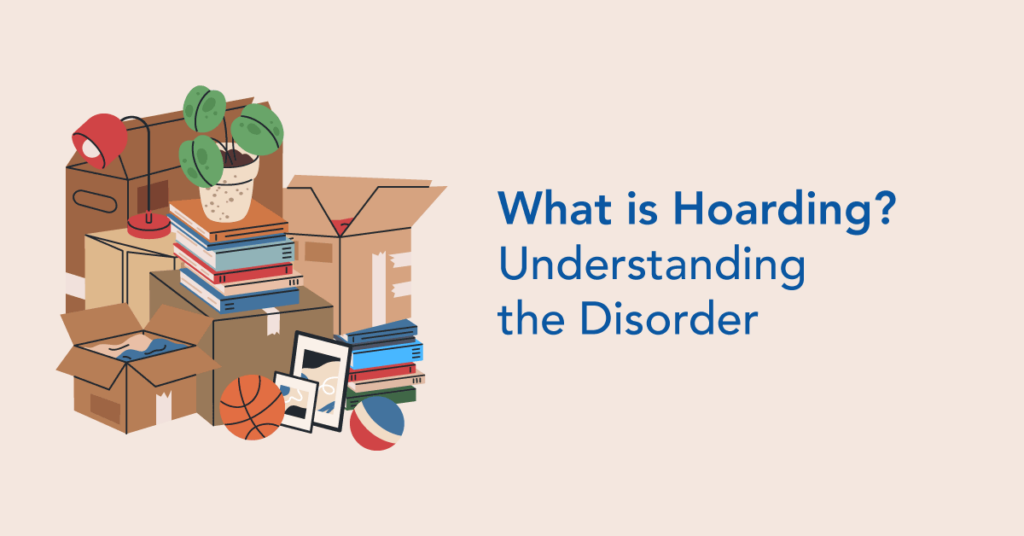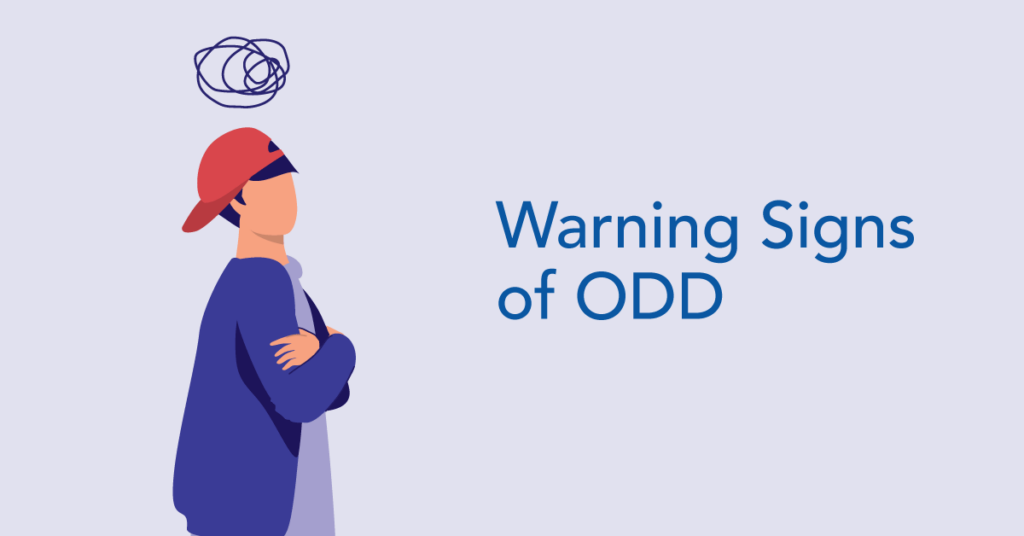Smartphones have become ingrained in nearly every part of our lives. We use them to communicate and for work and recreation. However, growing evidence indicates these versatile devices can be addictive. If you read through phone addiction articles, you’ll find plenty of people ready to downplay the effects of excessive smartphone use. The results from numerous scientific studies support the counterargument, however — phone addiction is real, and its effects should be taken seriously.
Explore the research on the effects of excessive mobile phone use and how it relates to other psychological conditions. Learn why some researchers believe cell phone addiction is real and how to recognize its signs.
What Is Phone Addiction?
Phone addiction refers to the uncontrollable urge to use a phone even though its usage negatively impacts the user’s daily life. Effects of the addiction often include increased stress and anxiety and reduced attention span.
Currently, phone addiction isn’t recognized in the Diagnostic and Statistical Manual of Mental Disorders, Fifth Edition — the DSM-5. However, many experts consider it a behavioral addiction because of its similarities to other behavioral disorders. People with phone addiction experience withdrawal, can’t stop their usage and often feel shame about their phone use.
What Phone Addiction Articles Argue
Some phone addiction articles say people aren’t addicted to their phones; they just like using them a lot. Others point to growing evidence that excessive phone use causes depression, anxiety and other unwanted symptoms. One study found strong links between unrestrained phone use and poor academic performance, and another reported correlations between excessive phone use and elevated levels of depression and anxiety, as well as poor sleep quality.
The BBC’s Science Focus magazine interviewed a professor of psychology who’s authored books on screen time. He argues we’re not addicted to our phones in the sense of how we understand addiction clinically. The professor isn’t convinced by the correlations between cell phone use and their impact on mental health, and he stops short of saying too much screen time can be harmful.
While the medical community hasn’t reached a consensus on whether cell phone addiction is real in the same way alcoholism is real, most seem to agree on its implications for mental and physical health.
Signs and Symptoms of Phone Addiction
Whether it’s texting and driving or scrolling social media at bedtime, many people have poor habits when it comes to cell phone use. When cell phone usage becomes excessive and predominantly comprises unhealthy behaviors, it signals a larger problem.
Physical symptoms of phone addiction include eyestrain and pain in the hands, wrists, neck and back. Mood swings are common. Phone addicts often feel restless and anxious when away from their phones, then elated once they’re reunited with them.
Excessive phone use is a symptom of phone addiction, but what constitutes excessive can be subjective. Compulsively checking a phone, even in the absence of notifications, and using mobile devices while ignoring professional and educational responsibilities are standard behaviors among people with phone addiction.
Conditions Similar to Phone Addiction
Phone addiction and other psychological disorders share many characteristics: emotional dependence, compulsive behavior, preoccupation and negative consequences.
Nomophobia, the fear of being without one’s mobile device, can be seen as a symptom of phone addiction. The behavior of those with internet gaming disorder is similar to that of people with phone addiction.
Other conditions in which people can’t stop engaging in harmful behavior despite the consequences include compulsive shopping disorder, social media addiction and gambling addiction.
Next Steps to Take
Overcoming smartphone dependence requires a conscious effort that begins with recognizing a problem exists. Several actions can help reduce dependence:
- Track usage. Keep a log of how much time you spend on your phone and which apps you use the most. From here, set goals on the maximum time you want to spend on your phone, and determine how well you adhere to your plan.
- Set screen time limits. Use Apple’s Screen Time or Android’s Digital Wellbeing to limit the time you spend on certain apps.
- Build a schedule. Decide when you’ll allow yourself to use your phone. Planning when you’ll use your phone can prevent you from mindless scrolling throughout the day.
- Adjust phone settings. To reduce distractions, turn off notifications. Assuming they’re not essential for work or school, remove the apps that consume the majority of your time.
- Practice mindfulness. When you use your phone, ask yourself why you’re using it. Determine if it’s necessary, and consider options for more productive use of your attention.
- Engage in other activities. Instead of scrolling social media, try reading a chapter of a book you’ve been meaning to get to. Exercising, pursuing your hobbies and in-person socialization can be productive replacements for smartphone use.
- Find support. Reach out to friends and family about your smartphone addiction. Attend support groups where you can learn how others overcame their smartphone addiction.
- Try a digital detox. Turn off your phone completely. Start with just a day and work your way up to a weekend or even a full week. Just let family and friends know how to reach you.
If your self-directed efforts are unsuccessful in breaking your dependence on your smartphone, it’s probably time to see a professional. Therapists may use cognitive behavioral therapy and other techniques to help you overcome your phone addiction.
Find Help
Phone addiction affects people of all ages throughout the world. In a study of university students, over 50% of the participants showed strong signs of phone addiction. Fortunately, resources exist to help overcome addictions and improve mental well-being.
At the Mental Health Hotline, people are available 24-7 to listen to your concerns and help you find programs, support groups and other resources to help you take back your mental health. Don’t let phone addiction steal your attention and control your emotions; contact us today.


